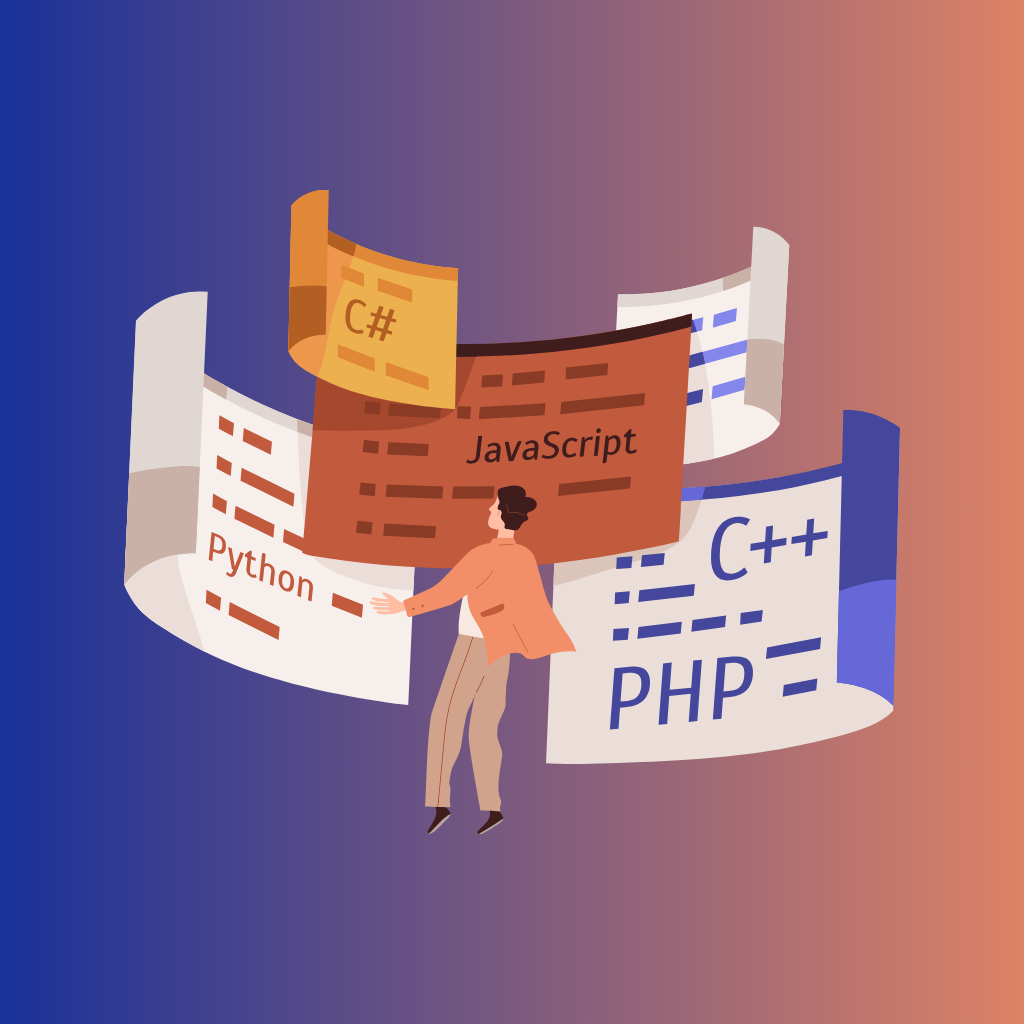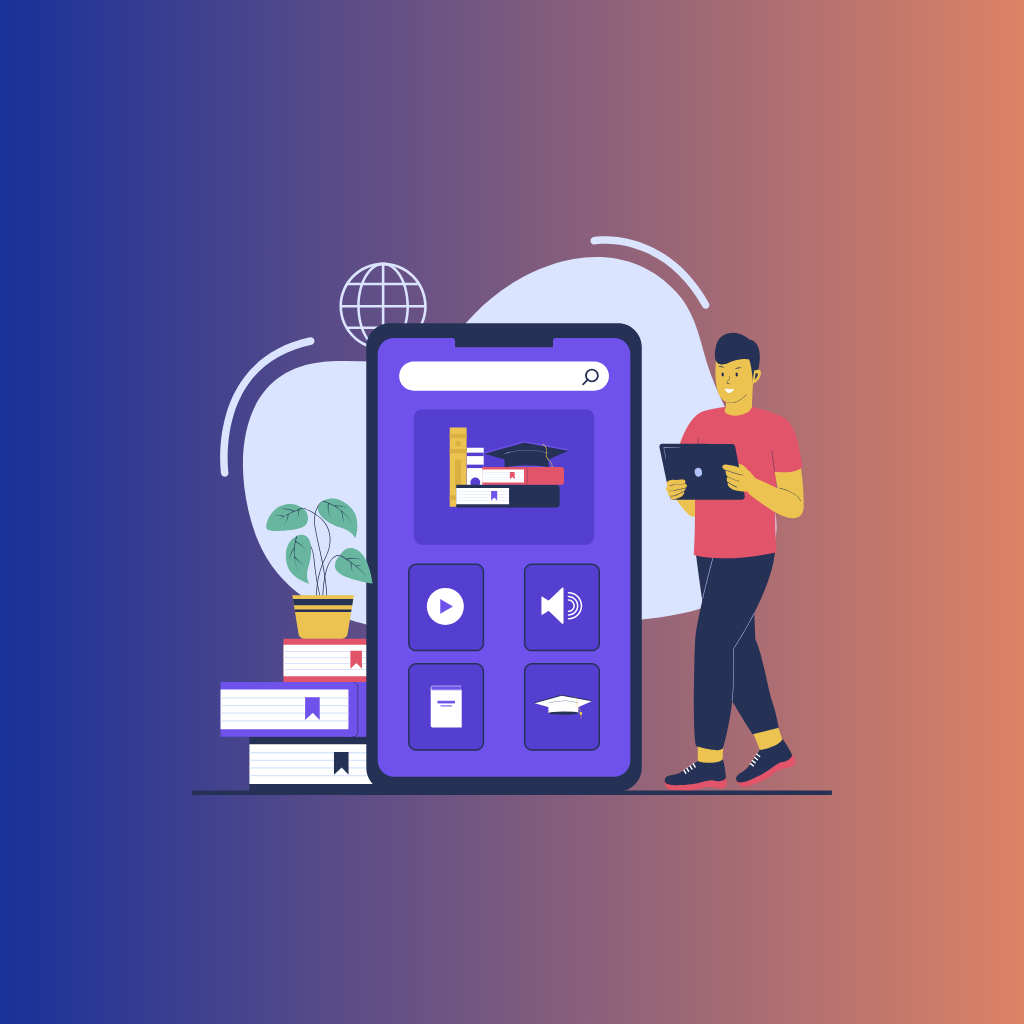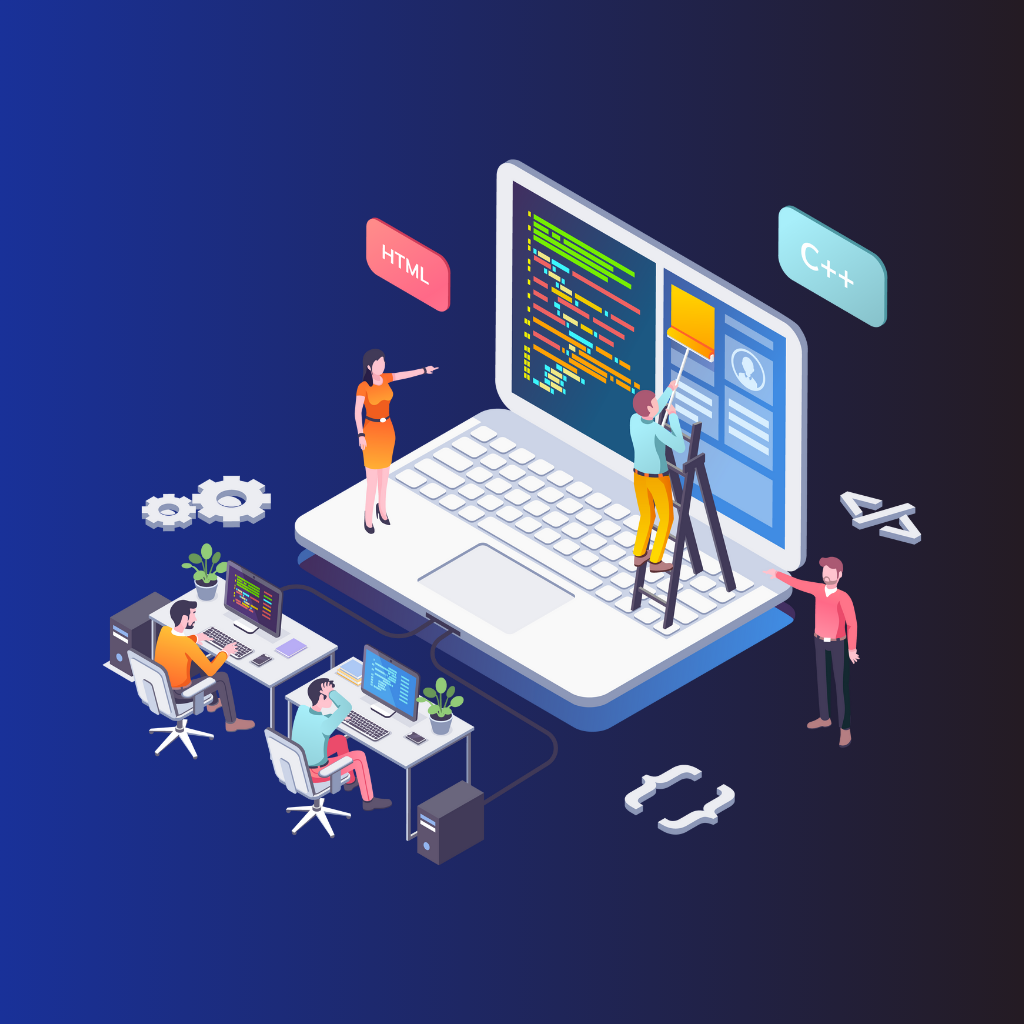In 2024, the mobile app development landscape continues to evolve rapidly, reflecting the ever-changing technology and user demands. With over 3.8 billion smartphone users worldwide, the demand for innovative, user-friendly mobile applications is at an all-time high. Businesses are increasingly relying on mobile apps to engage customers, streamline operations, and drive revenue. This heightened competition has made it crucial for developers to stay updated with the latest trends and technologies in mobile app development.
I. Criteria for Choosing a Programming Language
Selecting the right programming language for mobile app development involves considering several critical factors. Here are the key criteria to keep in mind:
- Performance: The language should offer strong performance to ensure that the app runs smoothly and efficiently. This is particularly important for resource-intensive applications like games or apps with complex functionalities.
- Ease of Learning and Use: The language should be easy to learn and use, especially for developers who are new to mobile app development. A simpler language can speed up the development process and reduce the likelihood of errors.
- Community Support and Resources: A robust community and ample resources, such as tutorials, libraries, and frameworks, can be incredibly helpful. They provide support for troubleshooting, learning best practices, and accessing pre-built solutions that can save development time.
- Cross-Platform Capabilities: With the growing demand for apps that run on both iOS and Android, choosing a language that supports cross-platform development can be a significant advantage. It allows developers to write code once and deploy it across multiple platforms, saving time and effort.
- Future-Proofing and Updates: The language should be actively maintained and updated to keep up with technological advancements and security requirements. Choosing a language with a promising future and regular updates ensures that the app remains relevant and secure over time.
II. Top Programming Languages for Mobile App Development in 2024
When it comes to mobile app development, choosing the right programming language is crucial. Here are the top programming languages for 2024, each offering unique advantages:
-
Swift
- Ideal for iOS Development: Swift is designed specifically for Apple's ecosystem, making it the go-to language for iOS development.
- Strong Performance and Apple Support: Swift offers excellent performance and is fully supported by Apple, ensuring compatibility and access to the latest iOS features.
- Easy to Read and Maintain: Swift’s syntax is clean and concise, making the code easier to read and maintain.
-
Kotlin
- Preferred for Android Development: Kotlin has become the preferred language for Android app development, endorsed by Google as the official language.
- Interoperable with Java: Kotlin can seamlessly interact with Java, allowing developers to use existing Java libraries and frameworks.
- Modern, Expressive, and Concise: Kotlin’s syntax is modern and expressive, reducing boilerplate code and making development more efficient.
-
JavaScript
- Versatile with Frameworks Like React Native and Ionic: JavaScript can be used for mobile app development through frameworks like React Native and Ionic, enabling developers to build apps using web technologies.
- Widely Used and Supported: JavaScript is one of the most popular programming languages, with extensive support and a large developer community.
- Allows for Cross-Platform Development: JavaScript enables cross-platform development, allowing the same codebase to run on both iOS and Android.
-
Dart
- Used with Flutter for Cross-Platform Apps: Dart is the language behind Flutter, Google’s UI toolkit for building natively compiled applications for mobile, web, and desktop from a single codebase.
- Fast and Efficient: Dart’s performance is optimized for fast execution and smooth animations, making it ideal for building high-performance apps.
- Growing Community and Support from Google: Dart is backed by Google and has a growing community, ensuring continued development and support.
-
Python
- Emerging in Mobile with Frameworks Like Kivy and BeeWare: Python is increasingly being used in mobile app development through frameworks like Kivy and BeeWare.
- Easy to Learn and Versatile: Python’s simple syntax makes it easy to learn, while its versatility allows for a wide range of applications beyond mobile development.
- Strong Community and Resources: Python has a robust community and extensive resources, making it a great choice for developers looking for support and libraries.
III. Up-and-Coming Languages to Watch
While established languages like Swift, Kotlin, JavaScript, Dart, and Python dominate the mobile app development scene, there are emerging languages that show great promise. Here are two up-and-coming languages to watch in 2024:
-
Rust
- Known for Performance and Safety: Rust is celebrated for its exceptional performance and safety features. It eliminates common programming errors, such as null pointer dereferencing and buffer overflows, through its ownership system.
- Potential in Mobile Development: While Rust is still gaining traction in the mobile space, its efficiency and reliability make it a compelling choice for future mobile app development. It is particularly suited for performance-critical applications.
-
TypeScript
- Gaining Traction with Mobile Frameworks: TypeScript is becoming increasingly popular in the mobile development community, especially when used with frameworks like React Native and NativeScript.
- Adds Static Typing to JavaScript for Better Maintainability: By adding static types to JavaScript, TypeScript helps developers catch errors early in the development process and enhances code maintainability. This makes it easier to manage and scale large codebases, which is crucial for complex mobile applications.
| Language | Performance | Ease of Learning | Community Support | Cross-Platform Capabilities | Future-Proofing | | --- | --- | --- | --- | --- | --- | | Swift | High | Moderate | Strong | Limited to iOS | Strong | | Kotlin | High | Moderate | Strong | Limited to Android | Strong | | JavaScript | Moderate | Easy | Very Strong | High | Strong | | Dart | High | Moderate | Growing | High | Strong | | Python | Moderate | Very Easy | Very Strong | Moderate | Moderate | | Rust | Very High | Difficult | Growing | Emerging | High | | TypeScript | High | Moderate | Strong | High | Strong |
- Performance: Indicates how efficiently the language executes code, impacting app speed and responsiveness.
- Ease of Learning: Reflects how simple it is for new developers to learn and start using the language effectively.
- Community Support: Measures the availability of resources, libraries, frameworks, and community assistance.
- Cross-Platform Capabilities: Assesses the language's ability to support app development across multiple platforms (iOS, Android).
- Future-Proofing: Evaluates the language's prospects for continued relevance, updates, and support in the future.
Conclusion
Choosing the right programming language for mobile app development in 2024 is a critical decision that can significantly impact your app's success. Here's a recap of the key points:
- Performance: Ensure the language you choose offers the performance required for your app to run smoothly.
- Ease of Learning and Use: Select a language that matches your development team's skill level to speed up the development process.
- Community Support and Resources: Opt for a language with robust community support and plenty of learning resources.
- Cross-Platform Capabilities: If you need your app to run on both iOS and Android, consider languages and frameworks that support cross-platform development.
- Future-Proofing and Updates: Choose a language that is actively maintained and has a promising future to ensure long-term support and compatibility.
For iOS apps, Swift is an excellent choice due to its strong performance and Apple support. For Android, Kotlin offers a modern, efficient alternative to Java. JavaScript, with frameworks like React Native and Ionic, is ideal for versatile cross-platform development. Dart stands out for high-performance cross-platform apps with Flutter, while Python is an emerging contender with frameworks like Kivy and BeeWare.
Keep an eye on Rust and TypeScript as they continue to gain traction and offer unique advantages in performance and maintainability, respectively.
When selecting the right language, consider your specific needs, the project scope, and the development team's expertise. There isn't a one-size-fits-all answer, so weigh the pros and cons of each language in the context of your project's requirements.
Finally, the tech landscape is always evolving. Stay updated with industry trends, continue learning, and be open to adapting new technologies. This approach will not only help you make informed decisions today but also prepare you for future advancements in mobile app development.





